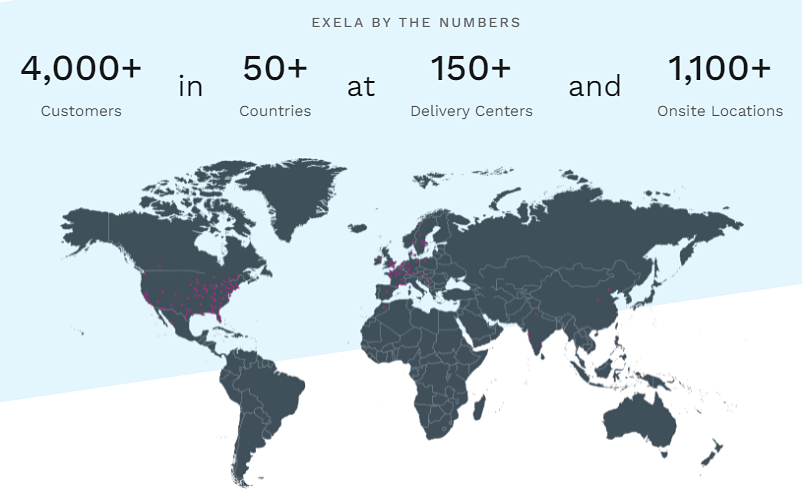How Digital Transformation Makes Working from Home Work

Since mid-March, 88% of organizations around the world have encouraged or required at least some portion of their employees to work from home as a precautionary measure to help mitigate the spread of COVID-19.1 Many businesses were unprepared, either culturally or logistically, or both. Prior to the pandemic, some had been vocally opposed to the notion of remote work. While their reasons made good business sense at the time, for now and for the foreseeable future, the point has essentially been rendered moot. Other businesses had been open to offering remote work to their employees but had not yet put the infrastructure in place necessary to support it.
But even businesses with existing remote infrastructure were not necessarily ready for a scenario in which literally no one is in the office. That’s because having “no one in the office” means much more than simply directing everyone to “go home with a laptop and do your job.” For example:
- What about the employees who don’t have a company-approved laptop? (for why this is important, see How to Keep the Bad Guys Out: Cyber Security Best Practices).
- Who is going to open, sort and route the paper mail? Pandemic or no pandemic, the mail keeps coming. That includes bills, legal communications, and paper checks. For healthcare organizations, some paper mail is critical to cash-flow (e.g., medical forms and EOBs).
- Who is going to send the paper mail that needs to be sent?
- How will printed materials be made and distributed?
The bottom line is even companies with existing work-from-home infrastructure aren’t necessarily set up to function in these circumstances. We could go on identifying the pain points that go along with this novel scenario in which working from home is no longer a choice but rather a rule, but if you’re one of the many businesses for whom “missing work” is no longer just a matter of attendance, you already have a pretty fair idea of what you’re up against.
The good news: you’ve got this
Exela knows what you’re up against, and we’re here to tell you this is not merely doable, but actually in everyone’s best interests that the business world accelerate their digital transformation initiatives to accommodate remote work. While we would never have chosen for the business world to be subjected to this sort of remote-work trial-by-fire, we remain optimistic. That’s because solutions already exist that ensure business continuity even with no one in the office.
We know because we were already implementing those solutions for our customers long before the current pandemic.
And our customers were seeking those solutions because those solutions were, and remain good, for their business. But if you’re not yet there, that’s fine too. It’s not too late. In fact, wherever your business is in its digital transformation journey, this is the perfect time to finesse your remote work model. In this special COVID-19 issue of PluggedIN, we’re going to tell you why and we’re going to show you how. We hope that in so doing, we can offer you peace of mind as you face the challenges of the sudden call to remote work and look ahead with hope to a healthier future.
For more on this topic, don’t miss COVID-19: A Tipping Point for Remote Work, a special edition of PluggedIN, Exela's thought leadership news magazine, providing fresh insights from the cutting edge every quarter. We’re offering it absolutely free.
Subscribe. Plug in. Upgrade your mind.
















